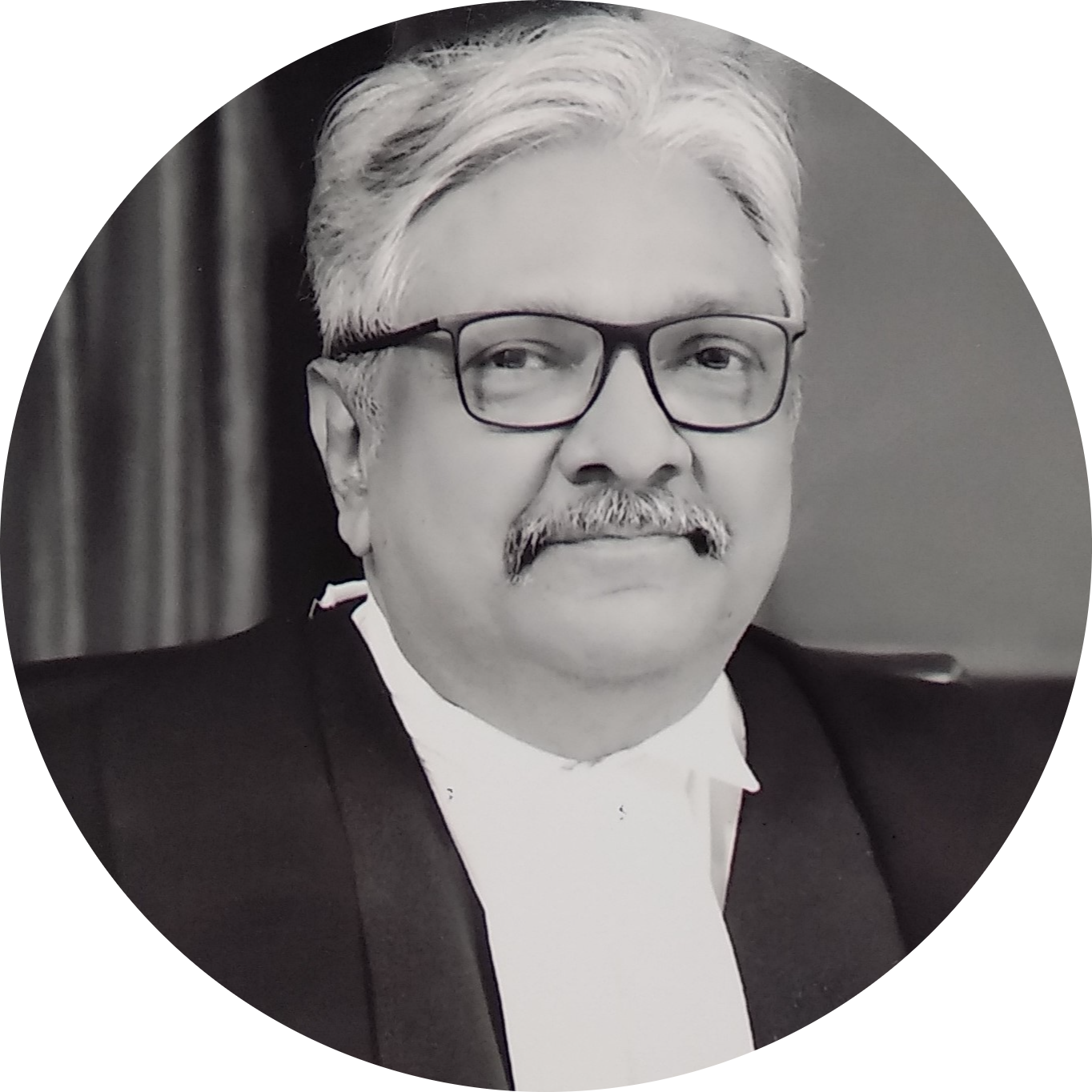Euthanasia and the Right to Die with Dignity
Common Cause v Union of India
In 2018 the Supreme Court recognised the right to die with dignity as a fundamental right and prescribed guidelines for terminally ill patients to enforce the right. In 2023 the Supreme Court modified the guidelines to make the right to die with dignity more accessible.
Decided
Parties
Petitioner: Common Cause
Lawyers: Prashant Bhushan
Respondent: Ministry of Health and Family Welfare (Union of India)
Lawyers: P. S. Narasimha; K.V. Jagdishvaran; S.S. Shamshery
Intervenor: Jai Kishan Agarwal; Delhi Medical Council; Society for the Right to Die with Dignity; Dr. Surendra Dhelia; Indian Society of Critical Care Medicine; Vidhi Centre for Legal Policy
Lawyers: Arvind Datar; Sanjay Hegde; Praveen Khattar; R.R. Kishore.
Case Details
Case Number: WP (C) 215/2005
Next Hearing:
Last Updated: December 26, 2023
TAGS: Dignity, euthanasia, Guidelines, Right to Die, Right to Life
Key Issues
Whether the constitutional guarantee of the Right to Life includes the Right to Die.
Whether euthanasia can be made lawful only by legislation.
Whether there is a difference between passive and active euthanasia.
Whether individuals can give ‘advance directives’ on medical treatment for if they lose the ability to communicate in the future.
Case Description
In 2002, Common Cause, a registered society had written to the Ministries of Law & Justice, Health & Family Welfare, and Company Affairs as well as State Governments, on the issue of the right to die with dignity.
In 2005, Common Cause approached the Supreme Court under Article 32, praying for the declaration that the right to die with dignity is a fundamental right under Article 21. It also prayed the Court to issue directions to the Union Government to allow terminally ill patients to execute ‘living wills’ for appropriate action in the event that they are admitted to hospitals. As an alternative, Common Cause sought guidelines from the Court on this issue, and the appointment of an expert committee comprising lawyers, doctors, and social scientists to determine the aspect of executing living wills.
Common Cause argued that terminally ill persons or those suffering from chronic diseases must not be subjected to cruel treatments. Denying them the right to die in a dignified manner extends their suffering. It prayed the Court to secure the right to die with dignity by allowing such persons to make an informed choice through a living will.
On February 25th 2014, a three-Judge Bench of the Supreme Court comprising the then P. Sathasivan CJI, Ranjan Gogoi and Shiva Kirti Singh JJ had referred the matter to a larger bench, to settle the issue in light of inconsistent opinions in Aruna Ramchandra Shanbaug v Union Of India (2011) and Gian Kaur v State of Punjab (1996).
On March 9th 2018, a five-Judge Bench comprising Dipak Misra CJI, A K Sikri, A. M. Khanvilkar, D Y Chandrachud and Ashok Bhushan JJ held that the right to die with dignity is a fundamental right. An individual’s right to execute advance medical directives is an assertion of the right to bodily integrity and self-determination and does not depend on any recognition or legislation by a State.
On March 8th 2018 the Supreme Court delivered two concurring opinions:
- Majority opinion authored by Dipak Misra CJI on behalf of himself and AM Khanwilkar J
- Concurring opinion authored by DY Chandrachud J
On July 19th, 2019, the Indian Society for Critical Care filed a miscellaneous application requesting a 5-Judge Constitution Bench to modify some of the guidelines prescribed in the 2018 Judgment. They claim that the procedure for terminally ill patients to exercise their right to die is extremely cumbersome and requires streamlining. The case is being heard by a 5-Judge Constitution Bench led by Justice K.M. Joseph.
